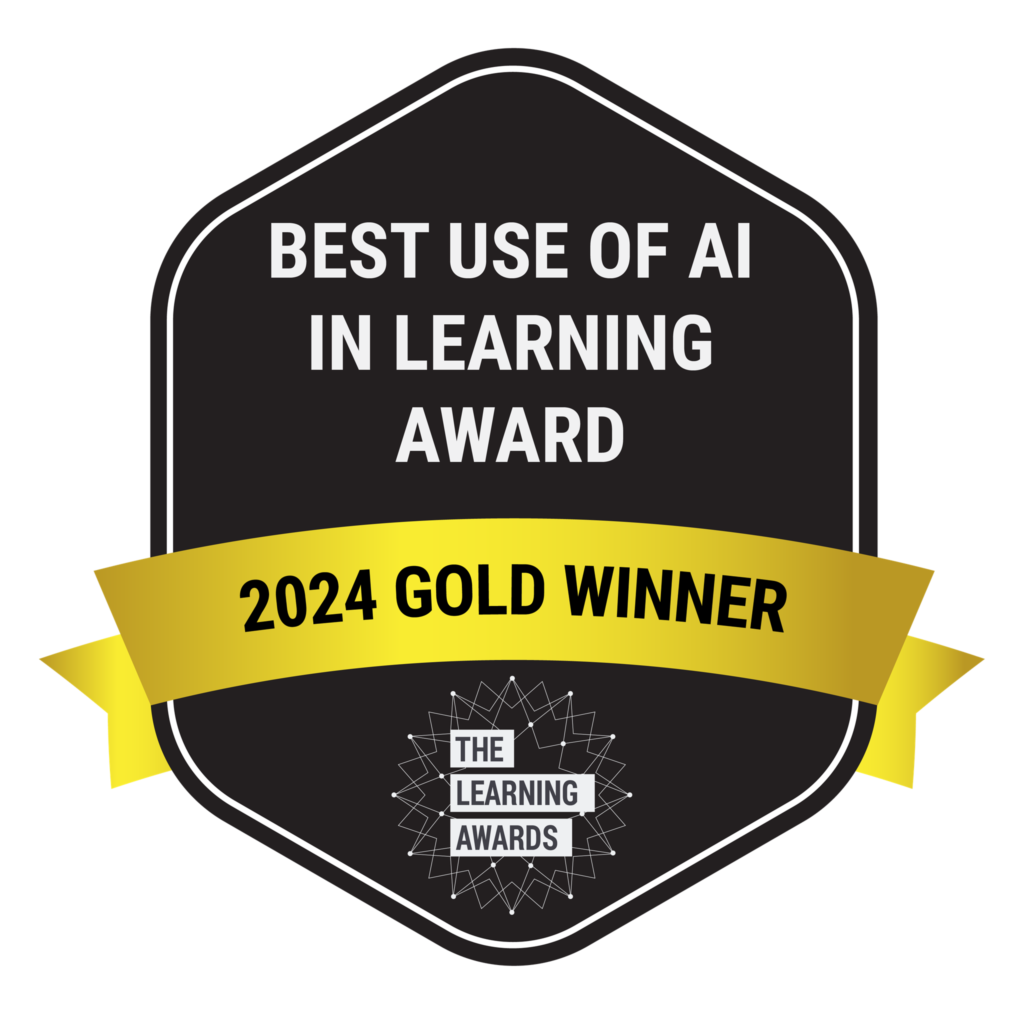Picture this. You’re sat in the boardroom; you’re in the middle of presenting the performance of your latest learning initiative.
At the end of your presentation, the questions roll in, and you confidently return each one with eloquent and unquestionable reasoning. But there’s one question that both constantly challenges, and is at the same time inevitable.
“How is this tangibly impacting our businesses, and what is our ROI on this so far?”
This is the very question that OBRIZUM’s Chief Evangelist, Markus Bernhardt, is going to explore in his talk at this year’s World of Learning Summit in London.
The issue with traditional L&D programmes
Most organisational approaches to digital learning and performance improvement are founded on a linear digital learning model, with the expectation being that everyone is provided with the same structure, resources, and timeframes, with all learners following identical learning paths. It’s essentially a one-size-fits-all approach, even if at the macro-level we tend to hear things like ‘hyper-personalised’, at the end of the day the programme is delivered as a traditional, one-size-fits-all eLearn.
However, we’ve seen enough times that this method of addressing the average learner simply doesn’t work, and we’ve known this in particular since Bloom published his worked on the ‘2 Sigma Model’.
When it comes to delivering L&D within businesses, all participants will already have different knowledge and skill baselines, given their experiences, roles and training to date. Learning programmes need to take this into account. They must be flexible to meet the needs of beginners and the more experienced individuals alike – rather than assume that everyone will engage with the same content in the same way.
There’s no such thing as an ‘average’ learner, so training and performance support cannot be aimed at averages.
Organisations should be looking at ways to upgrade their practices and move towards a fully adaptive, digital learning model. This will improve the delivery and impact of learning. Furthermore, this will also allow organisations to demonstrate the value of learning, demonstrating value to the business and ROI.
Translating the impact of learning into measurable ROI
Here’s where the challenge lies.
Updating any business process such as a move to adaptive learning requires full board buy-in, which means being able to demonstrate value. For any ROI calculation in this space, you’re required to take the following steps:
- Record the performance gap analysis and root cause analysis
- Conduct the training programme
- Assess performance improvement
On a basic level, learning and development professionals can demonstrate the progress made by staff filling the knowledge gap through often insufficient assessments against the learning objectives. The learner takes the often short test; they seem to have understood the training, excellent. But what actual impact does this have on the business itself? And did the training work?
The challenge is therefore linking learner competence to business impact, such as increases in revenue and boosted staff productivity.
At the heart of this problem is a business’ limited capability for measuring performance. Teams only tend to look at the performance of the course in and of itself, not whether it has had a genuinely positive impact on the performance of the individual, or on overall business performance. They currently do not – or cannot – link learner performance to wider company data.
What organisations need is a learning programme that encapsulates everything required to report on and deliver genuine return on investment.
An adaptive future
The future of learning is fully adaptive, and it provides a whole new realm of analytics and insights, including ROI calculations.
Following your performance gap analysis, and the root cause analysis, you deliver the training.
Adaptive, digital training will measure how much employees improved, and you will be able to compare these analytics to wider KPIs following the training, such as improved sales performance by improving product knowledge and objection handling.
Overall, the new, fully personalised and adaptive delivery for each learner saves time, improves efficiency through full personalisation, and delivers genuine data insight in improvement, and levels of competence and confidence.
If you’re attending this year’s World of Learning Summit, tune into Markus’ talk at 11:45am in Theatre 1 to hear more about the wonderful world of adaptive learning, the impact of L&D programmes, and how we will measure ROI of learning programmes, individual performance, and of course the impact on overall business performance.
OBRIZUM is the AI learning technology & data analytics company for enterprise businesses.
We leverage automation, adaptability and analytics to deliver adaptive learning experiences at scale.
Our data and insights are helping businesses to understand the impact and ROI their learning programmes achieve.
Find out how OBRIZUM can help unlock the potential of your business by speaking to our team.




